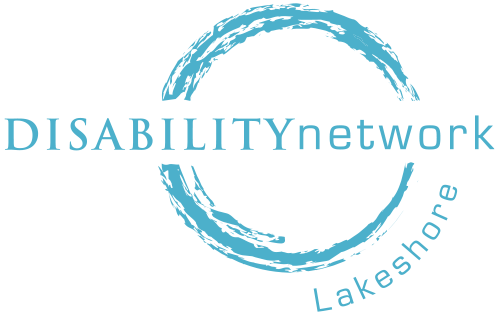Long COVID
It is called by many names, including long COVID, post-COVID, long-haul COVID, post-acute COVID-19, or even chronic COVID. Whatever you call it, you may experience health problems that don’t begin until four or more weeks after symptoms first appear. You can experience long COVID even if you had no initial symptoms of the virus. Symptoms of long COVID can include:
- Shortness of breath or difficulty breathing
- Tiredness or fatigue
- Brain fog, or difficulty thinking
- Mood changes
- Symptoms that get worse after physical or mental activity
- Cough
- Chest or stomach pain
- Headache
- Sleep problems
- Joint or muscle pain
- Pins-and-needle feelings
- Diarrhea
- Dizziness on standing
- Rash
- Changes in taste or smell
- Changes in menstrual period cycle
You may also experience autoimmune effects that can involve a variety of organs including your heart, lungs, kidneys, skin, and brain. Experts are still determining which types of medications or treatments can help to relieve the effects of post-COVID conditions. Some steps you can take to help you feel better include:
- Take extra good care of yourself. Use relaxation techniques such as deep breathing, meditation, or mindfulness
- Try to eat healthy, well-balanced meals
- Exercise if you can. Let your body tell you when enough is enough
- Get plenty of sleep
- Avoid alcohol and drugs
- Participate in activities you enjoy
- Connect with others – avoid isolating yourself
- Ask for help if you need it!
Long COVID can be confusing and frustrating. Be gentle with yourself. Everyone‘s experience is different, so take care of yourself by understanding that this is still the effect of the virus and you will eventually feel better.

